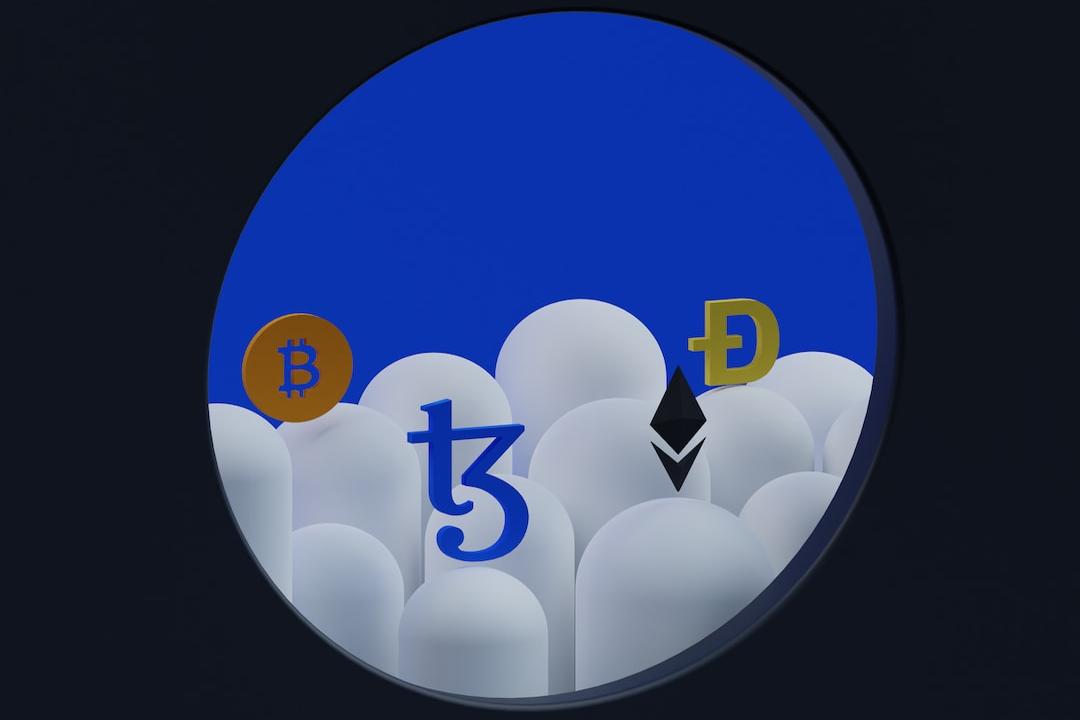The parent company of cryptocurrency asset manager 21Shares, 21.co, announced on Sept. 23 that it is adding Chainlink’s proof of reserve to 21BTC to address potential concerns about the Bitcoin wrapper’s backing.
Integrating proof of reserves into 21BTC on Ethereum and Solana “protects against malicious minting by embedding cryptographic guarantees that new tokens minted are backed by reserves,” 21.co
said
.
The announcement follows a wave of skepticism among cryptocurrency retail investors about the safety of the underlying spot Bitcoin (
BTC
) backing Bitcoin wrappers, including Wrapped Bitcoin (
WBTC
) and Coinbase Wrapped BTC (cbBTC).
Chainlink proof of reserves automatically audits financial data — including offchain reserve balances — and transmits that information to a blockchain-based smart contract in real time.

Source: Chainlink
Related:
Coinbase chief legal officer responds to cbBTC service terms fears
On Aug. 9, BitGo — the cryptocurrency custodian holding WBTC’s Bitcoin capital —
agreed
to grant Hong Kong-based crypto exchange BiT Global partial control of the multisignature wallet that holds the custodied Bitcoin.
“This announcement has proven controversial due to the involvement of Justin Sun, with many in the ecosystem expressing concern over his ‘affiliated projects show worrying signs of possible misappropriation’ of collateral,” Threshold, a rival Bitcoin wrapper,
said in August
.
Sky — a decentralized finance (DeFi) protocol formerly known as Maker —
opted to drop WBTC
from its platform. Coinbase’s cbBTC, which launched Sept. 12, has surged in popularity, emerging as the
third-largest wrapped BTC token
.
Since then, cbBTC has been subject to speculation about the safety of its BTC backing. This was partially set off by a Sept. 16
filing
from asset manager BlackRock asking for quicker BTC withdrawal times. BlackRock uses Coinbase to custody the spot BTC in its iShares Bitcoin Trust exchange-traded fund.
On Sept. 22,
Coinbase chief legal officer Paul Grewal
dispelled rumors that Coinbase did not intend to reimburse cbBTC holders for BTC backing lost to a cybersecurity exploit.

Source: Paul Grewal
In the United States, regulated custodians and exchange-traded fund (ETF) sponsors, such as Coinbase and BlackRock, are subject to strict oversight and reporting requirements, including regular third-party audits.
BlackRock “will show this to institutional clients upon request but [is] not gonna publish to [the] world,” Eric Balchunas, an ETF analyst at Bloomberg Intelligence, said in a Sept. 23
post
on the X platform.
“Just know that this is not amateur hour, BlackRock has like 500 ETFs which store the holdings [with] custodians and has been doing this for decades [without] a hitch,” Balchunas said. “This is why them [sic] and other ETF issuers are trusted by America’s advisors so much.”
Magazine:
Bankroll Network DeFi hacked, $50M phisher moves crypto on CoW: Crypto-Sec
Trending
- DeFi Hacks Decrease by 40% in 2024, While CeFi Breaches Escalate to $694 Million: Hacken
- Aave Considers Integrating Chainlink to Reimburse Users for MEV Fees
- Italy imposes a $15M fine on OpenAI for violating data protection and privacy regulations.
- Quantum Computing Will Strengthen Bitcoin Signatures: Adam Back
- Bitcoin’s social sentiment reaches annual low, indicating an imminent BTC breakout.
- Spacecoin XYZ successfully deploys inaugural satellite within outer space blockchain network
- French Regulator Approves Cryptocurrency Operations for BPCE Subsidiary
- Investor Lawsuit Initiated Against Creators and Partners of Hawk Tuah Memecoin


